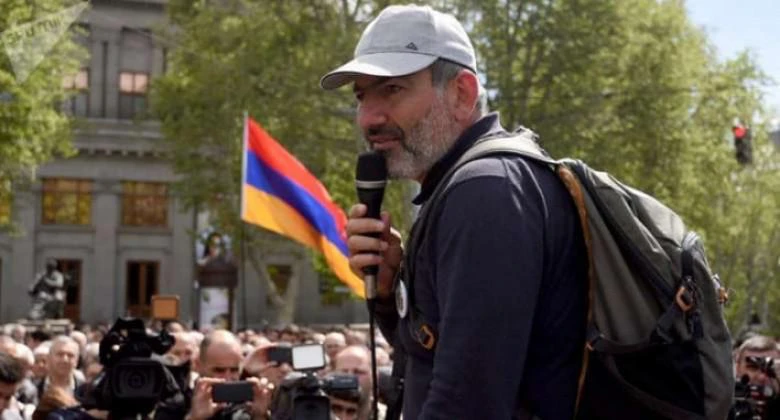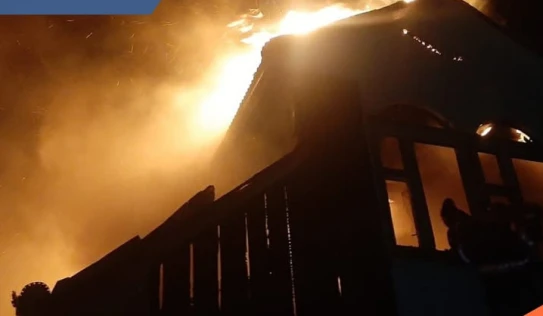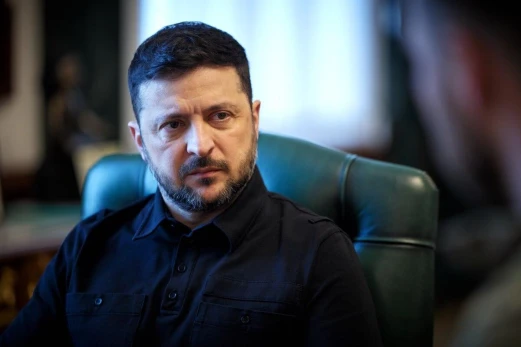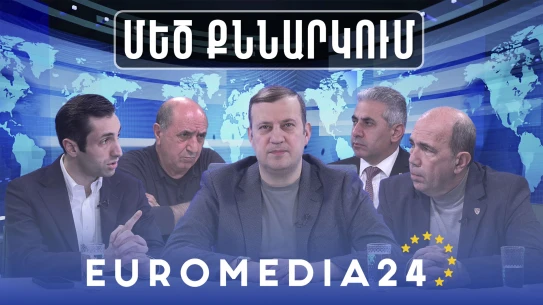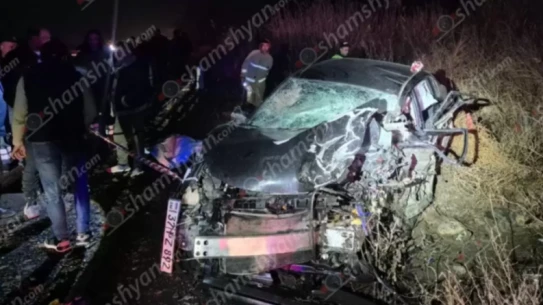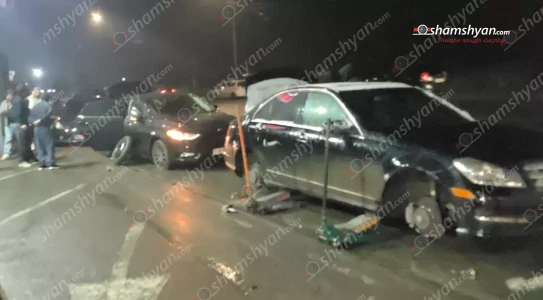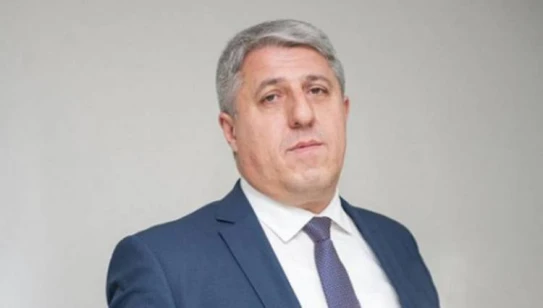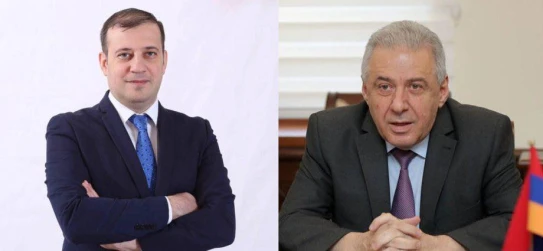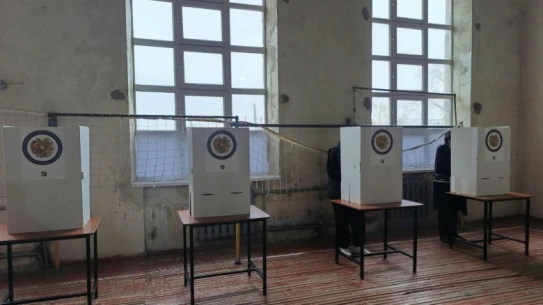"Fact" daily writes:
We won't be exaggerating if we say that when Pashinyan is in power, everything negative can be expected, even the worst.
And, according to that, the realities show that not only there is no predictability, but also spontaneous events can happen.
In this sense, Pashinyan's tenure can be characterized as a period of turbulence for the state.
It is true that there were many flaws during the "former" era, but at least there was a certain degree of predictability, especially in terms of security, now no direction at all is predictable.
And we still don't know what kind of Armenia we will wake up in tomorrow. The reason is also the comprehensiveness of the actions of the authorities, on the other hand, the contradiction and incompatibility of words and deeds.
At one time, Pashinyan declared that "Artsakh is Armenia and that's it", but now he is tearing his throat to convince that the surrender of Artsakh is a salvation for Armenia.
In general, the position of these authorities on almost all issues is constantly changing, depending on the influence of the moment.
For example, during the movement he started in the spring of 2018, Pashinyan attached special importance to the question of removing the cameras, complained about the fines, and even closed them with his teammates, calling them "Sashik's cameras and speedometers".
But after the change of power, those cameras became "velvet cameras" and not only did not decrease, but also increased.
And then already Pashinyan was convincing that speedometers and cameras are just a necessity.
And now Pashinyan, who has already exceeded the limits of variability, is trying to put the issue to a referendum. What a question of special importance, isn't it?
They didn't even organize a referendum on the issue of Artsakh or border delimitation. Maybe it is a way to occupy the public. In fact, the solution to the issue of the operation of speedometers and cameras is very simple. It is in the professional field.
It is necessary to carry out a professional analysis of the extent to which cameras and speedometers prevent accidents and dangerous situations, and also a balanced system of fines should be implemented so that those citizens who have social problems do not end up in a more difficult situation.
In addition, the issue of cameras and speedometers could be finally resolved in just a few months, instead of revisiting this issue after six years.
The same applies to the topic of company cars. When he was in the opposition, Pashinyan cited the example of Denmark and made bold speeches about reducing the number of official vehicles.
And when he came to power, he specifically showed that he would reduce the number of official cars, he could even go around on foot or by bicycle, but soon the number of official cars not only increased, but also the state apparatus serving him began to inflate.
In the press, it was even presented what kind of expensive cars the authorities buy at the expense of the state, when there was really no need for it, and the old cars could still serve.
At that time, there was no reaction to the press publications, but now, after shaving, Pashinyan has "realized" that there is a need to reduce the number of official vehicles, especially in the conditions when the number of vehicles and personnel serving him is only increasing.
What a difficult issue is the issue of official cars that the authorities have been "tormenting" for six years, and no solution has been found. Closing that issue is just a matter of making a few decisions. In reality, the authorities should have left this topic open, so that they would discuss it again later.
Now the number of cars can be reduced, and after some time they can be increased again or vice versa. The only clear position of the authorities... is not to have a position. wherever the circumstances and their mood take them, they will find themselves there. Even more so if there are elections ahead.
For example, Pashinyan's mood can change dramatically, and he decides that he will shave or go to work by bicycle, and then decide that no, he will go to work by car and not shave. The same approach applies to personnel policy.
One day he may be in a mood, assign positions to his teammates, and another day it may be the opposite, and he may decide that at night he can remove the officials from their work with an SMS.
And nobody understands why those people were appointed or fired. It remains the greatest puzzle. They have turned the actual state into a guinea pig, on which they conduct experiments, without fearing that their thoughtless and incomprehensible experiments may one day lead to the state's cardiovascular system stopping.
ARTHUR KARAPETIAN
















